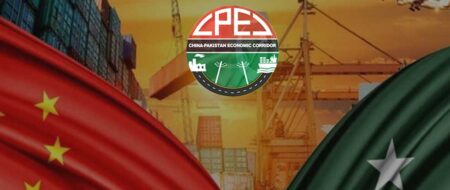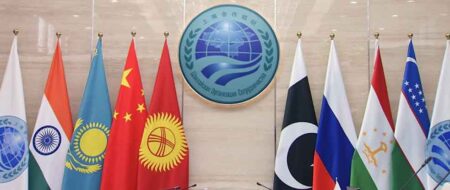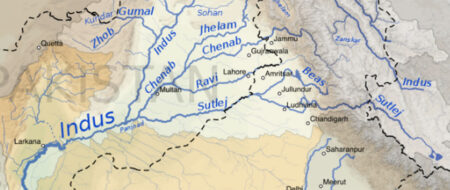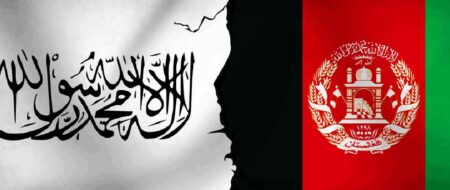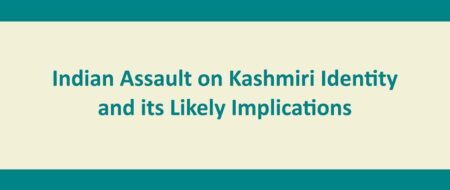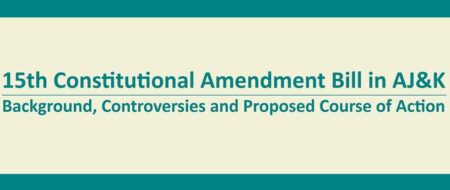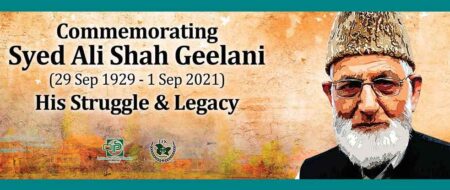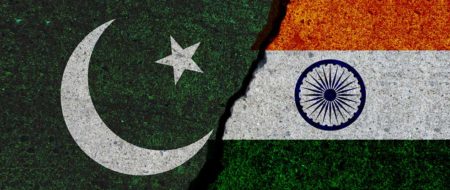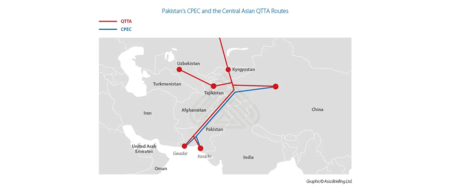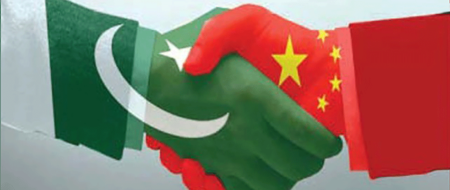Western View on Democratization in the Arab World: Addressing the Grey Areas
During the last decade, Islamist movements have established themselves as major political players in the Middle East. Together with the governments, Islamist movements, moderate as well as radical, will determine how the politics of the region unfold in the foreseeable future.
Policy Perspectives , Vlm 5, No.1
During the last decade, Islamist movements have established themselves as major political players in the Middle East. Together with the governments, Islamist movements, moderate as well as radical, will determine how the politics of the region unfold in the foreseeable future. They have shown the ability not only to craft messages with widespread popular appeal but also, and most importantly, to create organizations with genuine social bases and to develop coherent political strategies. Other parties, by and large, have failed in these efforts.
The public in the West and, in particular, the United States has only become aware of the importance of Islamist movements after dramatic events such as the Iranian revolution and the murder of President Sadat. Attention has been far more sustained since the terrorist attack of 9/11. As a result, Islamist movements have been widely regarded as dangerous and hostile.
Indeed, Western policy-makers have been unable to see that, as with other political movements, Islamism, or Islamic activism, has a number of very different streams, only a few of them violent and only a small minority justifying a confrontational response. Many of these movements have a strong anti-Western agenda, particularly with regard to the present conflicts in the Middle East and how the “War against Terror” is being conducted. Taking a critical view on these issues does not make these movements anti-democratic. Indeed, there is a diversity of movements that are non-violent and that subscribe to democratic processes and methods in politics. They advocate their policies by taking part in elections, where possible.
One of the reasons why the “cartoon crisis” of last year created so much anger in the Muslim world was the perception by many Muslims that, after the violent events of 9/11, many Western observers and policy-makers have tended to lump all forms of Islamism together and brand them as hostile. Since 9/11, we have been looking at the sharp end of terrorism — at various jihadi or salafi movements. We have not paid enough attention to the tremendous diversity of da’wah (inviting to the faith) type movements and political Islamists existing all around the Muslim world.
It is the mainstream Islamist organizations, not the radical ones, that will have the greatest impact on the future political evolution of the Middle East. The radicals’ grandiose goal of re-establishing a caliphate uniting the entire Arab world, or even of imposing on individual Arab countries laws and social customs inspired by a fundamentalist interpretation of Islam, are simply too far removed from today’s reality to be realized. This is increasingly a matter of symbolic language and traditional metaphor.
The Algerian civil war and the Islamist insurgency in Egypt, both of which erupted in the 1990s, affirmed this image of the “Islamist threat” and ultimately blurred the distinction between radical and moderate movements and violent and non-violent strategies. By the end of the 1990s, radical Arab Islamists had failed to change the political realities in their homelands.
Mainstream Islamist organizations that have given up or formally renounced violence and are pursuing their goals through peaceful political activity are generally a different matter. They already have a powerful impact on social customs in many countries, halting and reversing secularist trends and changing the way many Arabs dress and behave. Politics, not violence, is what gives mainstream Islamists their influence.
The meaning of democracy and rule of law within the moderate Islamist spectrum does not differ much from secular Arab views. Universal citizenship, peaceful transfer of power, checks and balances, citizens’ participation, and neutrality of public authorities are principles that are as accepted among many mainstream Islamists as they are in liberal circles.
The embrace of pluralist politics does not mean that moderate Islamists are giving up their religious legacy and becoming wholeheartedly the new liberals of the Arab world. Rather, the crucial issue is that promoting democratic reform and pragmatism are becoming additional central components of the Islamist agenda.
Any effort to deal objectively with Islamists in the Arab world cannot avoid highlighting the less liberal zones in their positions and practices. These gray zones include the application of the Islamic law, violence, pluralism, civil and political rights, women’s rights and religious minorities.
These attitudes should not be ignored, nor should the absence of perfection be the enemy of the good. Democratic opening within the Islamist spectrum will be a long and uneven process. A key step in this process is Islamists’ inclusion in the political sphere in a way that confronts them with the real challenges of managing contemporary societies and gives them space to experiment in public with a range of moderated views on socio-cultural issues. The argument “Islam is the answer” has to be tested. Islamist parties and their voters will soon discover that more is needed to balance the budget and solve problems of unemployment than just slogans. Exclusion and repression never lead to sustainable momentum or an embrace of liberal trends. Exclusion and repression instead push those who are forced to be voiceless to uncompromisingly reassert their distinct identity or to resort to violence.
You may recall what happened in Western Europe after the Second World War. Communists gained power all over Europe. It was considered politically wise to integrate them in the political system, have them bear political responsibility, learn the art of political compromise and face the ensuing result of having to moderate their political agenda.
There has been a failure by all too many Arab governments to deliver the reforms and improvements that their citizens have the right to expect in terms of democracy, respect for human rights and concrete economic and social development. But these failures have also served—sometimes through a deliberate policy to deflect criticism of their own failures by the governments responsible for them — to deepen the rift between the West and the Muslim countries.
It would be nice if liberal democrats among the Arab intelligentsia could be the vanguards of political reform, but they are too few and too disconnected from the grassroots to compel resistant authorities to open the way for representative government.
Secular-religious national alliances for democracy are instrumental in contesting authoritarian state power and articulating popular consensus over the need for political transformation. Democratic opposition platforms are by far more effective with Islamist participation than without it.
The future direction of moderate Islamist movements depends greatly on how they work their way through the murky gray zones. Aging leaders, popular dissatisfaction, international pressure, and of course the growth of Islamist movements, are all factors forcing Arab governments to introduce some reforms and to take some steps in the direction of democracy. Most of the measures introduced thus far are largely cosmetic — no regime, save the Palestinian, has given up significant power to fairly elected institutions. But even such cautious steps have created new possibilities for organized opposition forces.
Studies of political transition suggest that new challenges and opportunities tend to produce splits within governing coalitions between hardliners who want to perpetuate the status quo and the reformers who want to move forward. Less discussed is the fact that opposition organizations also react to new challenges by developing the same kind of internal divisions. In all mainstream Islamist movements today, there are tensions between more open-minded, often younger, members who think the situation requires new ideas and political tactics, and the old guard, which is hesitant to abandon the old positions. Given the political influence of Islamist movements, the outcome of this struggle will determine the future of political reform in many countries.
Many in the West consider that it is both desirable and feasible to reach out to Islamist movements in the Arab world now that there are signs that some of these groups embrace non-violence, pragmatism and democratic procedures. Those who still insist that there are no such things as “moderate/ mainstream Islamist” miss the reality. Without the active participation of Islamists, calls for political transformation in the Arab world are bound to be irrelevant to the larger social fabric and thus harmless to authoritarian regimes. Initiating and managing the first reform steps is the prerogative of ruling authorities. The degree of their commitment to democratic change will depend on the existence of large, popular, home-grown opposition alliances — not outside pressure. To this end, the contribution of mainstream Islamists is indispensable and overdue.


